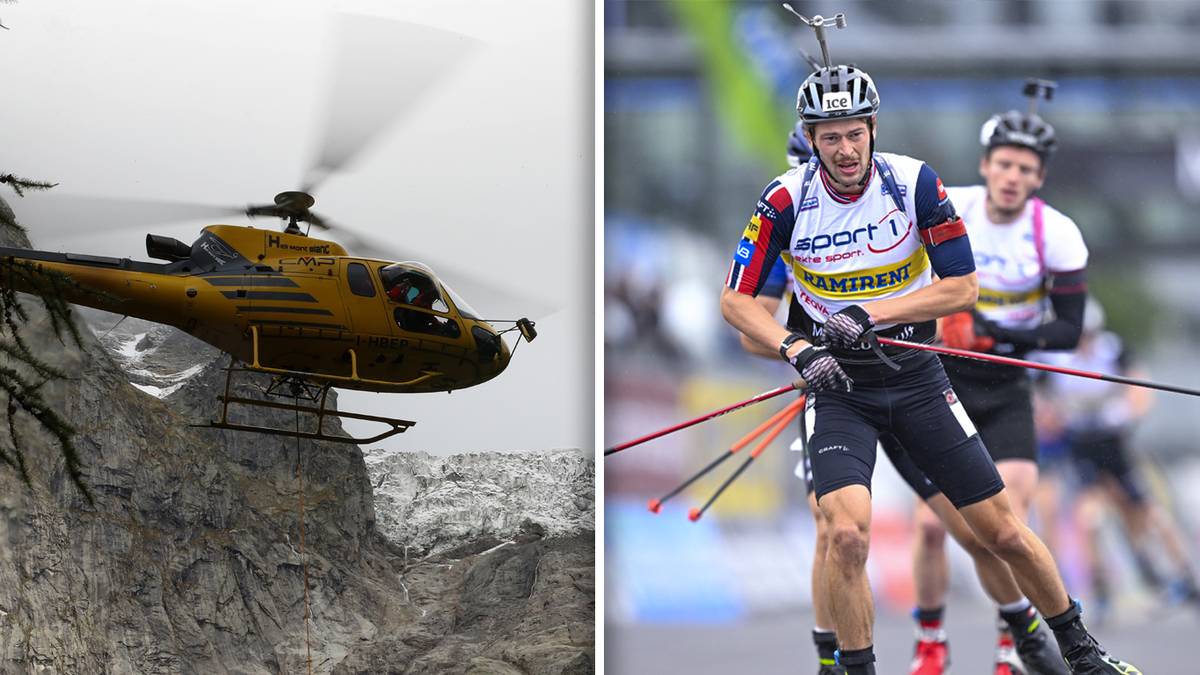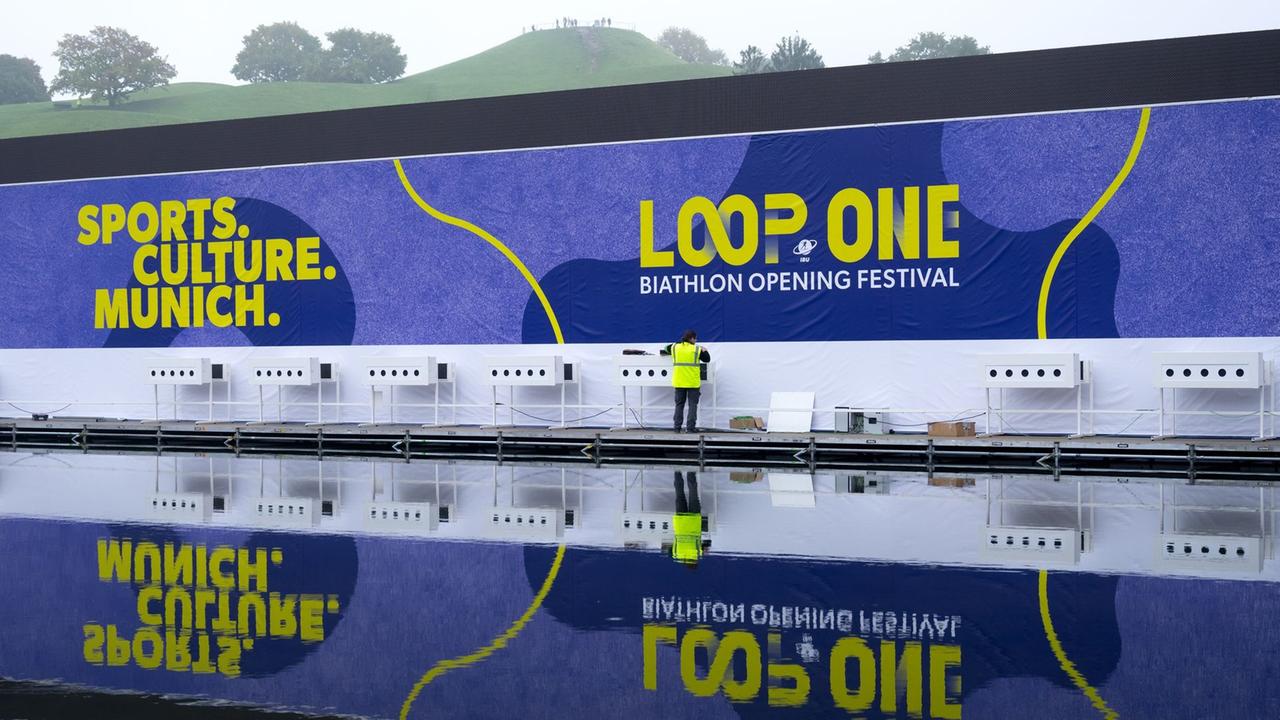
Norwegian biathletes ‘forced’ to take a helicopter — contradicting their own sustainability goals
Originally published in NRK Sport on October 16, 2025
Norway’s biathletes say they feel “forced” by the schedule to compete at the new IBU show event “Loop One” in Munich this weekend, even though it collides with their altitude training camp in Lavazè, Italy.
To minimize disruption to their Olympic preparation, the team has decided to fly by private helicopter from northern Italy to Munich and back the same day—a roughly one‑hour, ~200 km flight that would take about five hours each way by car. The round trip costs €14,000 and will be covered by the athletes’ IBU appearance fees (€2,000 per athlete). According to sport director Per Arne Botnan, they expect to need two helicopters to transport all athletes and staff.
Sturla Holm Lægreid, last season’s overall World Cup winner and now one of Norway’s leading names after the retirements of Johannes Thingnes Bø and Tarjei Bø, admits the decision clashes with their sustainability messaging: “It’s a bit of a bitter pill,” he told NRK. Norway’s biathlon federation has highlighted climate emissions as a key sustainability pillar and has a sub‑goal to reduce its climate footprint by 2026, including through its “Snow Crystal” project that identifies transport as a major emissions driver.
Botnan says the choice was made by team leadership, not the athletes. He concedes that, in this case, performance optimization takes precedence: “Yes—this time it does.” He argues the altitude block is crucial heading into an Olympic season, and that the helicopter option lets them keep a normal training day on Saturday and limit travel stress on Sunday. Driving would cost them a night at altitude and add hours of fatigue.
The team points to other measures they take to lower their footprint during the winter, such as using buses between World Cup venues and avoiding flights home between events. During the Munich show race, Norway’s federation is also nominated for IBU Awards for work reducing food waste at their events.
The helicopter route crosses a region with vulnerable glaciers near the Brenner Pass, an area highlighted by the World Meteorological Organization for rapid ice loss in recent years. The article contrasts this reality with the team’s sustainability goals, underscoring the tension between competitive demands and climate commitments.
See Also
How Norway’s biathlon stars will travel to Munich in unusual fashion
October 17, 2025 / SPORT1

Biathlon festival in Munich to feature Nawrath, Strelow and Grotian
October 16, 2025 / Sportschau (BR/ARD)
Biathlon Boom in Munich: A New Opening Event?
November 09, 2024 / Sport1